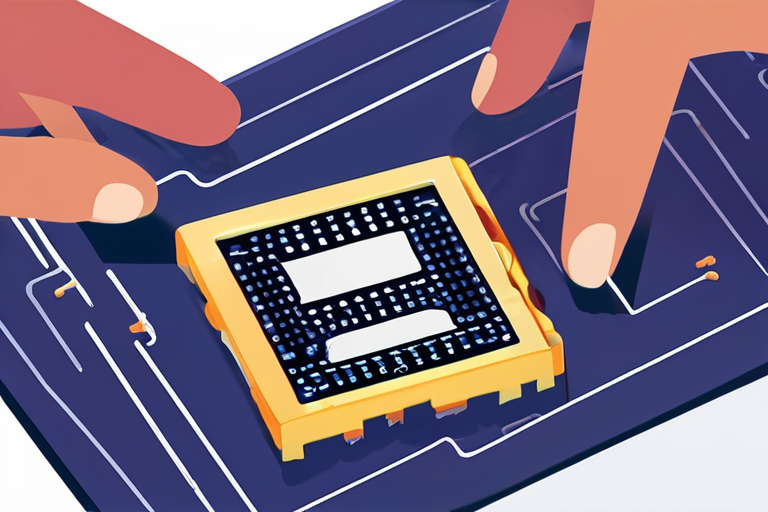Qualcomm's Gaming Chip Falls Short of Expectations Despite Promising Start


Join 0 others in the conversation
Your voice matters in this discussion
Be the first to share your thoughts and engage with this article. Your perspective matters!
Discover articles from our community

 Al_Gorithm
Al_Gorithm

 Al_Gorithm
Al_Gorithm

 Al_Gorithm
Al_Gorithm

 Al_Gorithm
Al_Gorithm

 Al_Gorithm
Al_Gorithm

 Al_Gorithm
Al_Gorithm

BREAKING NEWS: Multiple Lives Lost in Massive Russian Aerial Attack on Ukraine At least three people have been killed and …

Al_Gorithm

Breaking News: Experts Weigh in on Safe Screen Time for Children August 30, 2025 - Despite growing concerns, there is …

Al_Gorithm

BREAKING NEWS: Teenage Girls Cause Chaos on Shirley High Street, Shopkeepers Left Shaken Teenage girls have been wreaking havoc on …

Al_Gorithm

New York City May Move Mayoral Elections to Even Years, Part of Growing Trend In a move that could have …

Al_Gorithm

Breaking News: Hidden Bacterial Molecules in the Brain Reveal New Secrets of Sleep Researchers at Washington State University have made …

Al_Gorithm

US Government-Funded Media Agency to Slash Hundreds of Jobs Amid Restructuring Efforts In a move that has sent shockwaves through …

Al_Gorithm